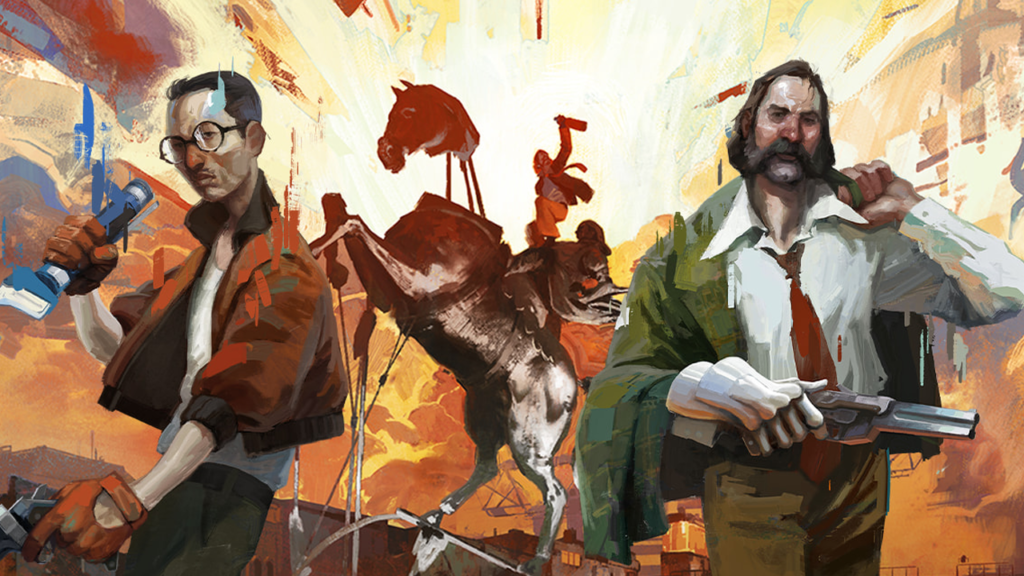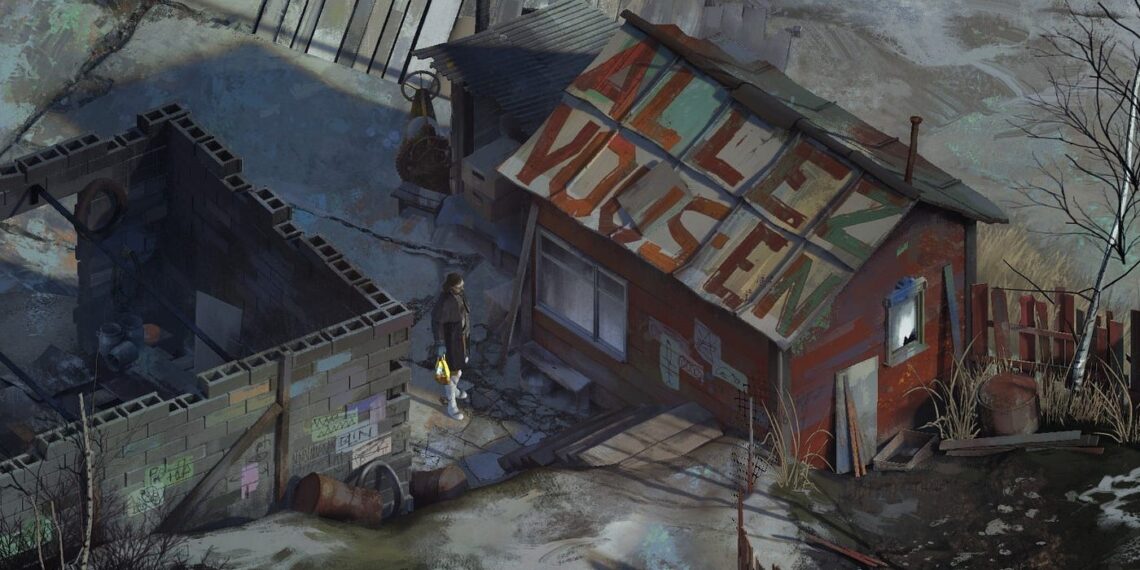Disco Elysium is not your typical role-playing game. It’s a story-driven, dialogue-heavy exploration of memory, politics, and survival wrapped inside the skin of a murder mystery. For first-time players, stepping into the crumbling world of Revachol can feel like waking up in a foreign city with no map, no money, and no memory—because that’s exactly what your character is doing.
When I first played, I made mistakes, misunderstood mechanics, and panicked about choices that didn’t matter as much as I thought. That’s why I’ve put together this guide—not as a rigid walkthrough, but as advice I wish I had received before my first case as the most unreliable detective in gaming history.
Embrace Failure
In most RPGs, failure feels like punishment. In Disco Elysium, it feels like the point. Skill checks—whether they’re tied to your encyclopedic memory, emotional empathy, or brute physicality—are designed to be unpredictable. A roll of the dice can betray you even when odds look good.
The magic lies in how the game reacts. Failing a roll doesn’t lock you out of story progression. Instead, it often opens new, hilarious, or heartbreaking possibilities. Some of the most memorable conversations I had came from botched attempts at persuasion or drunken bravado gone wrong.
So if you miss a skill check, don’t reload. Sit with it. The city of Revachol thrives on your imperfections.
The Thought Cabinet
One of Disco Elysium’s most unusual features is the Thought Cabinet, a mechanic that lets your detective “internalize” ideas. At first, it seems abstract: you select a thought, spend time and effort pondering it, and eventually gain permanent bonuses—or sometimes drawbacks.
Thoughts can be philosophical (political identities), personal (fragments of your past), or absurd (like debating with your tie). They change how you see the world and how the world responds to you.
Here’s the key tip: don’t worry about efficiency. Some thoughts provide strong buffs, others are comically useless, but all enrich your playthrough. Choose ones that feel right for the detective you’re becoming, not just the numbers.

Don’t Stress About Stats
Before you even start solving crimes, Disco Elysium asks you to shape your detective’s stats. The game is divided into four core abilities:
- Intellect – Logic, analysis, encyclopedic recall.
- Psyche – Empathy, authority, spirituality.
- Physique – Endurance, strength, pain tolerance.
- Motorics – Perception, hand-eye coordination, reaction.
Each of these branches into six unique skills, making twenty-four in total. For newcomers, it can be overwhelming.
Here’s the truth: there is no perfect build. The game is designed so that every combination unlocks new opportunities while closing off others. A Physique-heavy detective may bulldoze through doors but miss subtle emotional cues. A Psyche-heavy detective might understand every nuance of human despair but fail to survive a physical confrontation.
For a first run, many players recommend a balanced build—something like 3-3-3-3 or a slight bias toward Psyche and Intellect. But don’t let the numbers paralyze you. The story adapts to your strengths and weaknesses.
Talk to Everyone
Revachol is alive with broken souls, and nearly every character has something meaningful to say. Talking to the locals, street vendors, drunks, and revolutionaries isn’t just filler—it’s where the heart of Disco Elysium lives.
Sometimes conversations spiral into political debates. Other times, they reveal secrets of the city’s past or give you quirky side quests. Even inanimate objects—from a coat on a balcony to the mirror in your motel bathroom—can spark dialogue.
Tip: slow down and talk to everyone you can. The depth of writing rewards curiosity more than speed.
Kim Kitsuragi Is Your Anchor
Every detective needs a partner, and in Disco Elysium, that partner is Lieutenant Kim Kitsuragi. Calm, rational, and endlessly patient, Kim is the grounding force to your chaos. He observes, comments, and occasionally saves you from your worst impulses.
For a first-time player, Kim isn’t just a companion—he’s a guide. Pay attention to how he reacts to your choices. If he looks uncomfortable, that tells you more than any dice roll. If he respects you, you’ll feel it.
My advice: treat him with respect. You don’t have to role-play as a perfect cop, but remember Kim is watching, and his opinion matters more than you might realize.
Use the Journal
At first, Disco Elysium’s open-ended quests can feel overwhelming. You’ll juggle murder investigations, missing persons, ideological debates, and surreal errands like talking to your necktie.
The Journal is your lifeline. It neatly organizes tasks, updates objectives, and reminds you where to focus. Importantly, time in Disco Elysium doesn’t punish you as harshly as you might fear. There is room to explore before moving the main plot forward.
So when you feel lost, open the journal. It’s the best way to regain footing without breaking immersion.
Politics and Morality
One of Disco Elysium’s most daring moves is integrating politics directly into role-play. Your dialogue choices and Thought Cabinet shape your character into a moralist, communist, fascist, or ultraliberal—or some chaotic mix.
This isn’t about min-maxing rewards. It’s about exploring identity in a fractured world. The city remembers what you say, and people respond accordingly. Yet there’s no “right” alignment. The game encourages you to try on perspectives, even contradictory ones.
Tip: don’t choose based on what seems “correct.” Choose what feels true in the moment. Revachol isn’t a morality test—it’s a mirror.
Slow Down and Read
Disco Elysium is closer to an interactive novel than an action RPG. Much of the experience comes from reading dialogue and absorbing prose. The writing is dense, poetic, and layered with humor and tragedy.
For new players: resist the urge to rush. Give yourself space to read every line, listen to the voice acting (especially in the Final Cut edition), and sit with the atmosphere.
This isn’t a game you “beat.” It’s a game you live inside.
Manage Health and Morale
Unlike most RPGs, Disco Elysium doesn’t revolve around hit points alone. You have Health and Morale, both of which are fragile. Slip on the stairs or lose an argument badly, and you might collapse.
Keep healing items handy—cigarettes, alcohol, and drugs affect your stats but come with consequences. It’s easy to forget you’re vulnerable until it’s too late.
Tip: save more often than you think. Not to avoid failure, but to avoid accidental game-overs from mundane accidents.
The City Will Change You
The real secret of Disco Elysium is that it’s not about solving a murder. It’s about rediscovering who you are. Your detective starts the game broken, hungover, and nearly dead inside. By the end, whether you’ve pieced yourself together or embraced the chaos, the city of Revachol will have left its mark on you.
Don’t aim for the perfect ending. Aim for an honest one. The choices you make—big and small—become part of your detective’s truth.
Conclusion
My first time playing Disco Elysium was messy. I failed rolls, forgot tasks, and built a detective who sometimes seemed more clown than cop. But that’s why the game lingers with me. It doesn’t reward perfection—it rewards authenticity.
For first-time players, my advice is simple: let the city breathe. Fail, stumble, argue, and laugh. Talk to Kim. Explore Martinaise. Internalize strange thoughts. Take your time.
FAQ
Is Disco Elysium hard for beginners?
Disco Elysium can feel overwhelming at first because it’s very text-heavy and choice-driven, but it’s not hard in the traditional sense. The game is forgiving—failure often opens new story paths rather than punishing you.
What skills should I choose in Disco Elysium?
There’s no perfect build. A balanced mix of Intellect and Psyche works well for first-timers, but the game adapts no matter what. Every skill combination unlocks unique dialogue and experiences.
Do I need to play Disco Elysium more than once?
No, but it’s highly replayable. Different stat builds, thoughts, and choices can lead to drastically different story experiences, so many players enjoy multiple runs.
How important is the Thought Cabinet?
Very important for role-play and story flavor. Some thoughts give bonuses, while others just change how your detective sees the world. Don’t stress too much—pick what feels true to your character.
Can you fail in Disco Elysium?
You can fail skill checks, but that rarely locks you out of the story. In fact, failure is one of the game’s most memorable features, often leading to unexpected humor or emotional depth.
Also read :Unlocking Super Mario 64 ROM: A Timeless Gaming Experience















